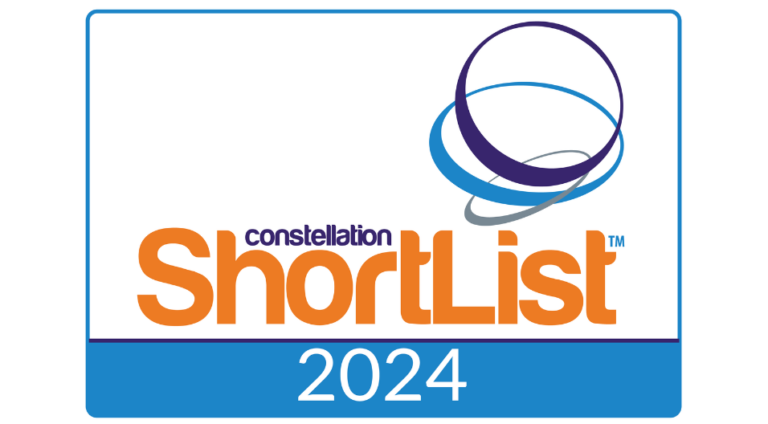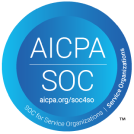Video
Penn Medicine: Implementing a Virtual Care Program
Danielle Flynn, Director at Penn Medicine Home Health, explores the implementation of Wellness Check-In Calls in their Virtual Care Program, and the effect it had on patients, readmissions and satisfaction surveys.
Guiding Principles of a Virtual Care Program
- Diversify the virtual care technology toolbox
- Select the right technology to deliver the highest quality of virtual care at the best value
- Use consistently with or as an enhancement of the standard care:
- Conditions: Heart Failure, Palliative Care
- Populations: Medicaid
- Advance the total plan of care and promote continuity of care
- Improve Quality of Care and Patient Experience
- Reduce Hospitalizations
- Prevent Unnecessary ER Visits
Virtual Visits
- Increase Capacity
- Broadened Access to Home Health Services
- Optimize Staffing Resources
- Augment In-Person Visits
- Resolve Medication Reconciliation
- Expand Patient and Caregiver Teaching
- Support Patients in Self-Care Management
- Enhance Patient Engagement
Executive Summary: Wellness Call Program
- Calls made – 233k
- Calls reached – 67%
- Calls with issues – 15%
- Issues closed within 1 day – 99%
- Top Four Issues Identified:
- General Status: 31%
- Questions / Concerns: 28%
- ADL / IADL Changes: 20%
- Possible ER Utilization: 19%
Communication with Remote Workforce: Staff Temperature Screening
- Calls made – 302k
- Calls reached – 175,160
- Issues identified – 474
- Issues closed within 1 day – 72%





